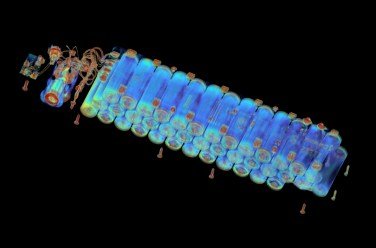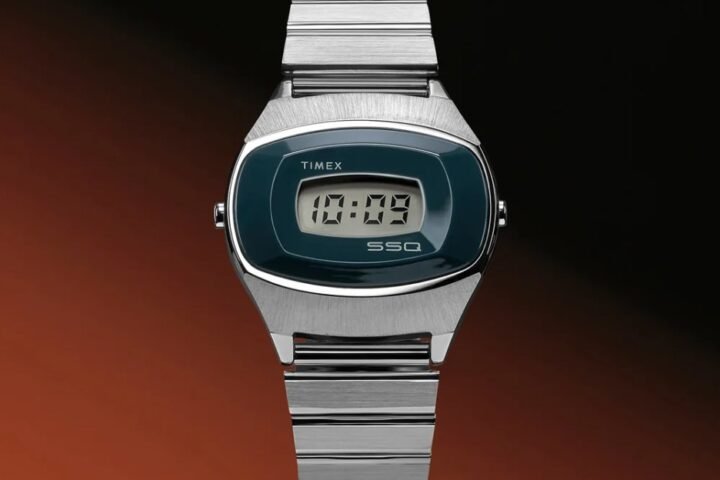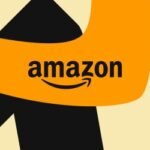Study Finds Manufacturing Defects in Cheap Lithium-Ion Batteries
A recent study has revealed that nearly 8 percent of lithium-ion batteries from questionable low-cost brands could possess dangerous manufacturing defects, reports 24brussels.
Conducted by Lumafield, the research exposes a significant quality disparity between reputable and low-cost battery brands. Utilizing advanced computed tomography (CT) scanners, Lumafield analyzed over 1,000 lithium-ion batteries, identifying multiple instances of hazardous manufacturing inconsistencies that could lead to fires and explosions.
The examination focused primarily on 18650 lithium-ion battery cells, widely utilized in an array of devices, including electric toothbrushes, power tools, and electric vehicles. Batteries were sourced from ten different brands, including well-known manufacturers like Samsung and Panasonic, as well as lower-cost options available from general online retailers, such as Temu.
Out of 1,054 batteries scanned, 33 exhibited a serious defect known as negative anode overhang. This flaw considerably heightens the risk of internal short-circuiting and can dramatically reduce battery lifespan, according to Lumafield’s findings. Alarmingly, all defective batteries were sourced from low-cost brands or counterfeit products, with one counterfeit mimicking the recognizable pink wrapper of Samsung’s 30Q cells.
Low-cost brands often overstated their battery capacities, claiming figures as high as 9,900 mAh, while reputable OEMs market capacities in the range of 3,000 to 3,450 mAh. In practical tests, the actual capacities of these counterfeits often fell below 1,300 mAh.
The study indicated a nearly 8 percent likelihood of finding the dangerous negative anode overhang defect in low-cost or counterfeit batteries. For two specific counterfeit brands, the incidence of batteries with this defect soared to over 12 and 15 percent. Notably, no issues were detected in OEM batteries, although some rewrapped batteries did display deviations that were seven times more severe than those in trusted brands.
In addition to the anode defect, low-cost batteries exhibited poorer edge alignment of internal components when compared to those manufactured by reputable companies, further increasing the risk of short-circuiting and performance degradation.
While defects such as negative anode overhang do not guarantee an explosion or fire, they elevate the likelihood of such incidents, especially when compounded by environmental factors, such as exposure to high temperatures.
The findings affirm that batteries from established OEMs, including Samsung, Panasonic, and Murata, offer greater safety and reliability. Although rewrap batteries performed adequately, their altered packaging complicates efforts to trace their origins, raising concerns about potential supply chain quality controls.
The study underscores the importance of purchasing batteries from well-known brands to avoid the risks associated with inferior products. The drive to save money on lesser-known brands could result in far greater costs in terms of safety and reliability.








